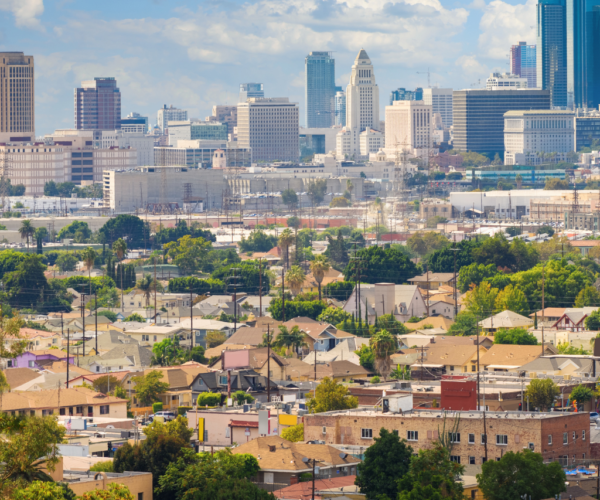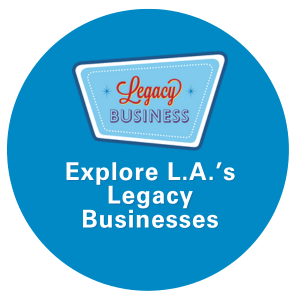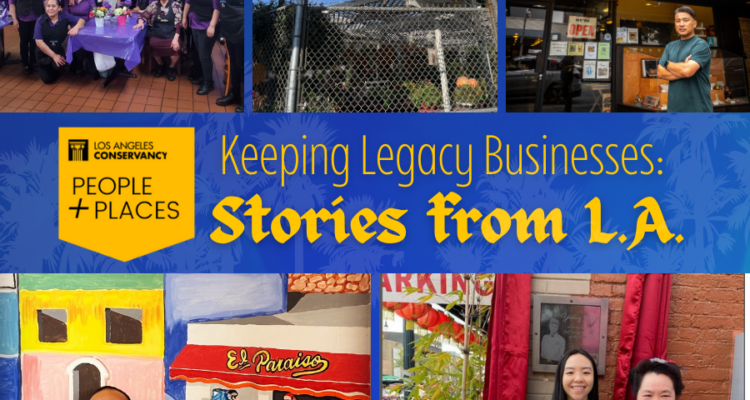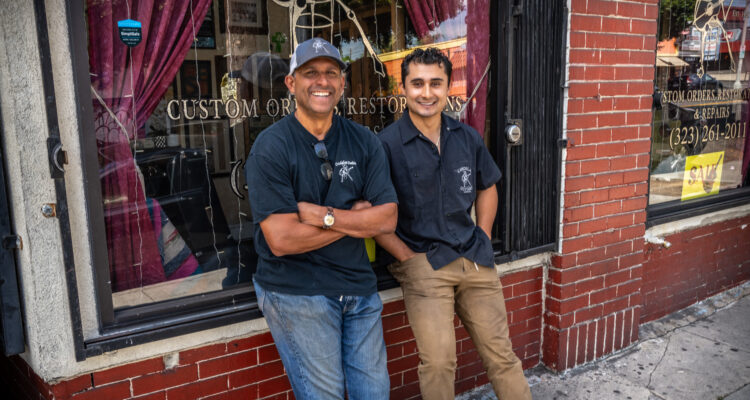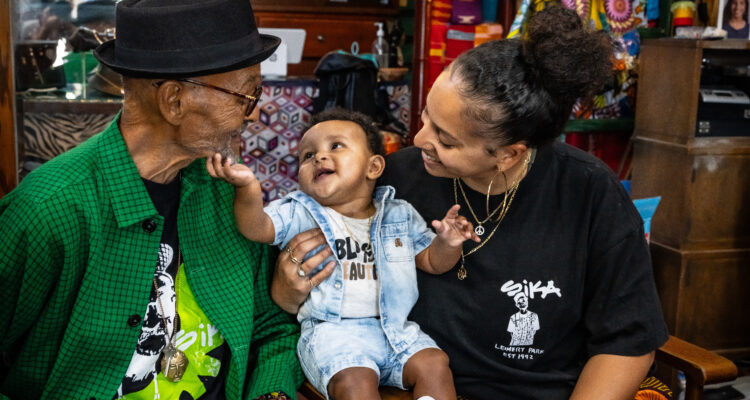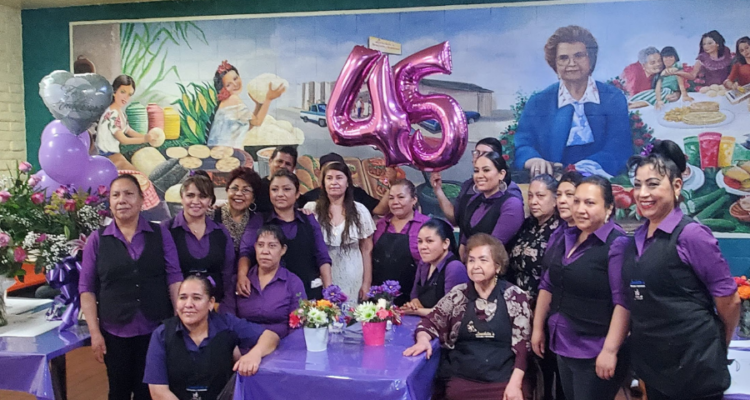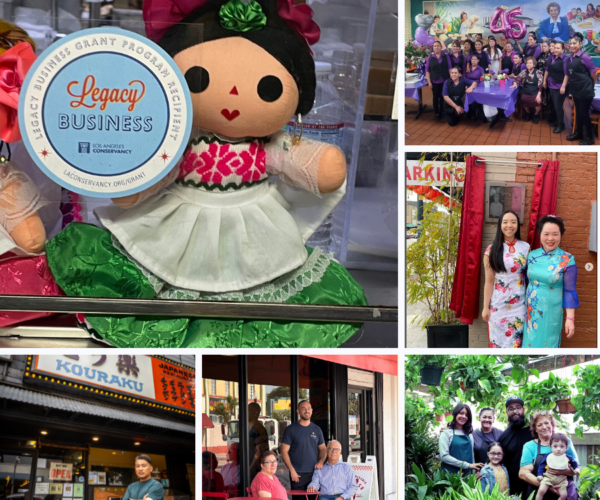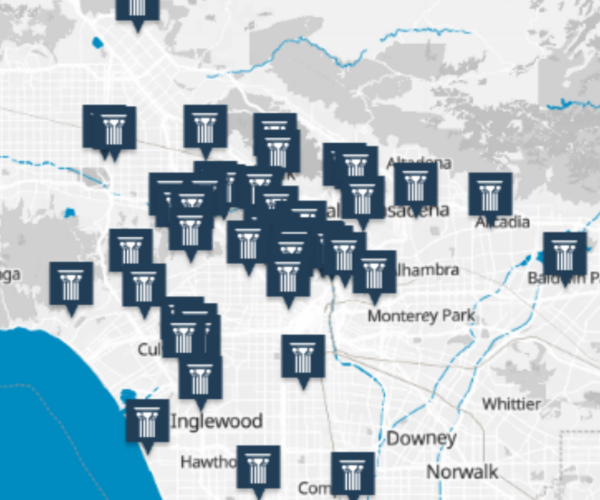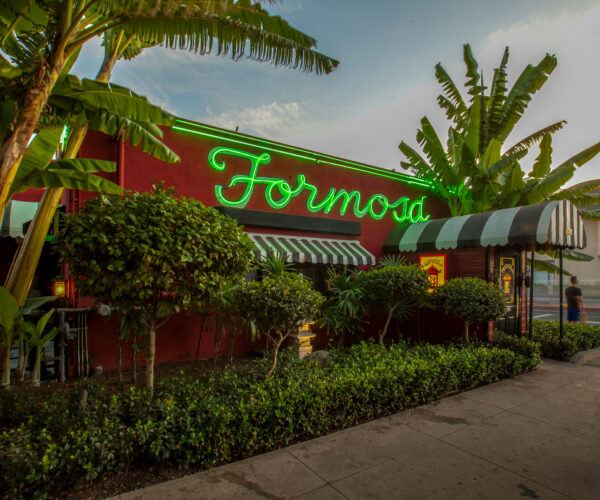Curating the City: Legacy Businesses
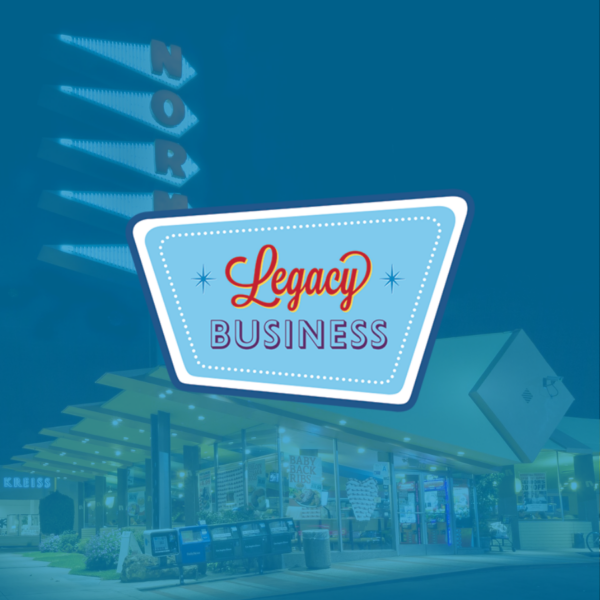
Curating the City
Legacy Businesses

Overview
Keeping ‘Mom and Pop’
Longtime businesses found in neighborhoods across Los Angeles County add to our rich history and culture.
Whether it’s the family-owned bakery down the street, the dry cleaner locals swear by, or the restaurant where your partner proposed, these familiar and beloved places are our legacy businesses.
They’re a huge part of what makes each of our neighborhoods and communities unique, and it’s time to show them some love.
The Conservancy launched our Legacy Business Initiative in November 2019 to raise awareness of the importance of legacy businesses throughout Los Angeles County. We aim to broaden awareness of these places and share more about the County’s history by highlighting the unique places and stories associated with longtime commercial establishments. We will also identify some of the pressures that come with running a longtime business and highlight strategies that communities have created to help.
We hope this microsite brings a greater understanding of the important role legacy businesses play in our neighborhoods and the challenges they face.
About This Issue
What Is a Legacy Business?
Legacy—or longtime—businesses are important to our region’s heritage and economy, yet many are not fully appreciated and acknowledged for what they provide to communities, with an increasing number at risk due to the pandemic. Soaring rents, development pressures, and lack of succession plans are some of the ongoing challenges faced by many legacy business owners.
A legacy business is a longtime business that typically has been around for over twenty years and serves as a mainstay of a neighborhood.
What if a long-term business changes ownership—is it still a legacy business? Not always, especially if a new owner provides a completely new use, good, or service unrelated to the longstanding business that closed or moved elsewhere.
What defines a legacy business is not only its longevity but also its contribution to the neighborhood’s identity and traditions, creating a sense of place, culture, and belonging for customers and neighbors.
Policies & Programs
How policy and programs can protect legacy businesses
In 2013, San Francisco Heritage launched Legacy Bars and Restaurants to encourage residents to experience the history of 100 of San Francisco’s most cherished longstanding restaurants and bars. By 2015, the Board of Supervisors approved the creation of the San Francisco Legacy Business Registry, which is now open to businesses and nonprofits thirty years or older that have made a significant impact on the history or culture of their neighborhood. San Francisco voters have now passed a measure creating the Legacy Business Historic Preservation Fund, which provides grants to legacy business owners and property owners who agree to favorable lease terms with legacy business tenants.
In 2016, the City of Seattle funded a Legacy Business Study to better understand issues affecting legacy businesses and consider recommendations to support them. Completed in 2017, the study found that programs in U.S. cities primarily assist small, local businesses as opposed to legacy businesses. In cities abroad, including Paris, London, and Buenos Aires, governments provide funds to promote and preserve cultural heritage assets such as legacy businesses. Seattle is currently developing a multilingual toolkit to help businesses with commercial leases and plans to support succession planning and to assist with the marketing and branding of legacy businesses.
San Francisco Heritage’s policy paper, Sustaining San Francisco’s Living Heritage, credits Buenos Aires Bares Notables, an official designation program initiated in the 1990s for bars, cafes, and other legacy businesses as inspiration for their own Legacy Bars and Restaurants initiative.
Our Position
How can we help legacy businesses impacted by factors such as neighborhood change, economic difficulties, aging building stock, and aging founders?
Legacy businesses vary widely and there is no one-size-fits-all solution to meeting their needs. They may be housed in older buildings, both nondescript and those that are architecturally significant. Some buildings may have been altered over time to support new uses by the original owner, or by a new owner.
Legacy businesses housed in architecturally or culturally significant buildings, or are located in eligible historic districts, may consider landmark designation. In these cases, the building owner may take advantage of financial incentives like preservation tax credits and grants available to owners of landmarked buildings. Legacy businesses that are primarily culturally significant may have a harder time making a case for landmark designation.
While landmark designation may help with neighborhood stabilization and, in some cases, even help offset rent increases, it does not alleviate many of the day-to-day operational challenges facing a legacy business owner. To this point, landmark designation primarily benefits owners of buildings, and not necessarily the owner of the business or tenant.
Technical assistance and small business funding provided by municipalities or nonprofit organizations may offer needed resources, but some business owners may find these difficult to access, or not specifically designed with a legacy business in mind. In these cases, legacy business owners would benefit from the creation of specific city- and county-wide tools.
A local study conducted in Long Beach found the future of its legacy businesses will come into question when baby boomer owners retire in the next five to fifteen years. This is the reality of Jorge Tello, owner of La Casa del Mariachi in Boyle Heights. While his sister promises to keep the shop going when he retires, who will local mariachi musicians turn to for custom suits after her?
In September 2019, the Los Angeles City Council adopted a motion by Councilmember Curren Price, Jr., instructing the Economic and Workforce Development Department to study legacy business programs created in other cities and to provide recommendations for implementing a similar program in Los Angeles. The City Council’s Economic Development and Jobs (EDJ) Committee began consideration of a new citywide legacy business program in March 2022, which the City Council adopted later that year. The Conservancy joined over 20 community-based organizations in support of the program. More information about the program’s approval can be found in City Council File No. 19-0781.
In 2020, the City of Pasadena created its own Legacy Business program. In the same year, the City of West Hollywood directed staff to explore the establishment of a legacy business registry, preservation fund, and other incentives for legacy businesses in their jurisdiction.
Join our Legacy Business Network to stay informed about important updates and resources in support longtime businesses.
How You Can Help
Support Legacy Businesses
Help show your support of legacy businesses by patronizing them today. We invite you to share tips, ideas, and resources in support of legacy business on social, using the #ISupportLegacyBusinesses.
To stay informed about additional supports available for longtime businesses, join our Legacy Business Network.
Resources & Support for Legacy Businesses
The Conservancy’s Legacy Business Grant program is available to longtime small businesses within Los Angeles County.
Eligibility criteria:
- Business must be operating and located within the boundaries of the County of Los Angeles
- Business has operated and contributed to its community’s history and/or identity for 20 or more years
- Business is not franchised or affiliated with a national, corporate chain
- For-profit business
- Less than 25 full-time employees.
This pilot grant program was made possible thanks to funding from Wells Fargo.
To date, we have awarded $50,000 in grants over two funding rounds. We are not currently accepting applications. Should funds become available this year, we will notify the public on our website, social media, and direct emails to legacy business owners who sign up for our legacy business network email list.
For more information about this grant program, click here.
The City of Los Angeles launched its citywide Legacy Business Program in February 2024. Businesses in operation for 20+ years in the City of Los Angeles may be eligible to apply for this free program, which offers:
- Access to Capital, including Grants
- Technical Assistance
- Operational Support
- Promotion for Your Business
Learn more and apply at bit.ly/LAlegacy
Registered City of Los Angeles legacy businesses may apply for up to $20,000 as part of Round 1 of the City of Los Angeles’ Legacy Business Recovery Grant Program. Deadline to apply is Sunday, September 15!
The City of Pasadena’s Legacy Business Program was established by the City to recognize long-standing businesses which are independently owned, and have proven to be a vital part of our community. Legacy Businesses across the city are identified with a Legacy Business Marker and highlighted on the City’s website. Businesses must have been operating for at least 50 years. To learn more about the eligibility criteria and to apply, click here.
Help show your support of legacy businesses by patronizing them today. We invite you to share tips, ideas, and resources in support of legacy businesses on social media, using the #ISupportLegacyBusinesses.
Let us know about your favorite longtime business in L.A. County! Email rsagara@laconservancy.org
